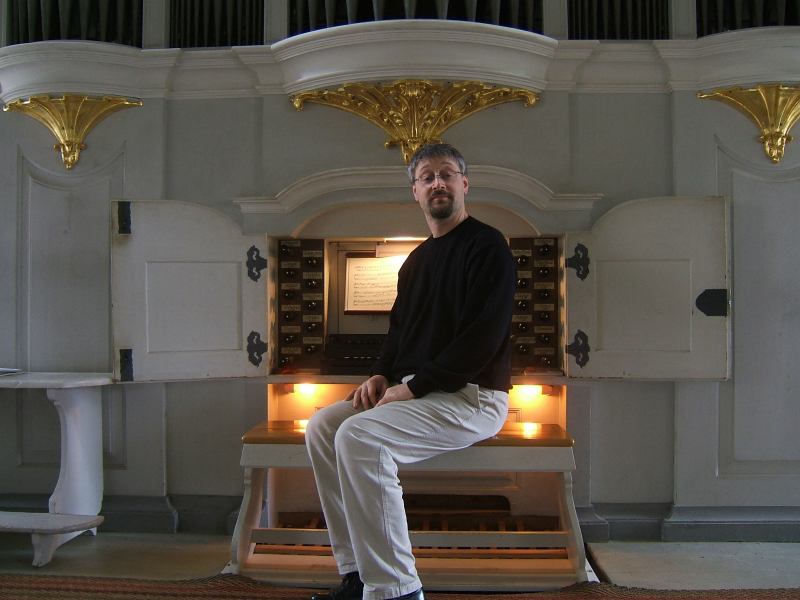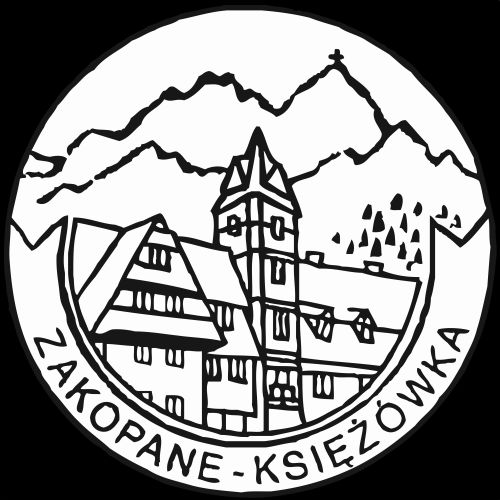Burkhard Engelke studiował muzykę kościelną w Robert Schumann Hochschule w Düsseldorfie. Regularna aktywność koncertowa na oryginalnych instrumentach z czasów Sweelincka, Buxtehude i Bacha doprowadziła go do kursów mistrzowskich, które prowadzili Ton Koopman i Ewald Kooimann oraz do studiów na Uniwersytecie Muzyki i Sztuki w Bremie. W tym okresie studiował również pod kierunkiem Prof. dr Manfreda Cordes (dyrygowanie zespołem) oraz Prof. dr Haralda Vogela (organy) na Akademii Muzyki Dawnej w Bremie. W latach 1993-1996 śpiewał z zespołem wokalnym "Weserrenaissance" pod kierunkiem Prof. Cordes. Pracuje jako Dekanatskantor (dyrektor nadzorujący ds. muzycznych) w Darmstadt oraz w Kościele Zmartwychwstania w Darmstadt-Arheilgen od 1996 roku.
Poza wykonywaniem znanych oratoriów, Burkhard Engelke regularnie poświęca się wykonywaniu nieznanych kompozycji, w tym oratorium "La Resurrezione" autorstwa G.F. Händla, "Oratorium według obrazów z Biblii" Fanny Hensel, "Leçons de ténèbres" François Couperina i wszystkich dzieł Vincenta Lübecki.
Praca artystyczna Burkharda Engelke opiera się na wykonywaniu utworów w oparciu o źródła historyczne. Uważa on, że jest to sposób na to, aby muzyka dawna była inspirująca i satysfakcjonująca dla muzyków i publiczności obecnie.
Burkhard Engelke
Burkhard Engelke studied church music at the Robert Schumann Hochschule in Düsseldorf.Regular concert activity on original instruments from the time of Sweelinck, Buxtehude and Bach led to masterclasses with Ton Koopman and Ewald Kooimann and to studies at the University of Music and Art in Bremen.During this period, he also studied with Prof. Dr. Manfred Cordes (Ensemble conducting) and Prof. Dr. Harald Vogel (Organ) at the Academy for Early Music in Bremen.From 1993-1996 he sang with the vocal ensemble “Weserrenaissance” under the direction of Professor Cordes.He has been the Dekanatskantor (supervising music director) in Darmstadt and Kantor at the Ressurection Church in Darmstadt-Arheilgen since 1996.
In addition to performing well-known oratorios, Burkhard Engelke regularly devotes himself to the performance of unknown literature.This has included the oratorio “La Resurrezione” by G.F. Händel, the “Oratorium based on Pictures from the Bible” by Fanny Hensel, the “Leçons de ténèbres” by François Couperin and the complete works of Vincent Lübeck.
Burkhard Engelke’sartistic work is based on a historically informed performance practice. He believes that this is the means to make early music inspiring and fulfilling for musicians and audiences today.








